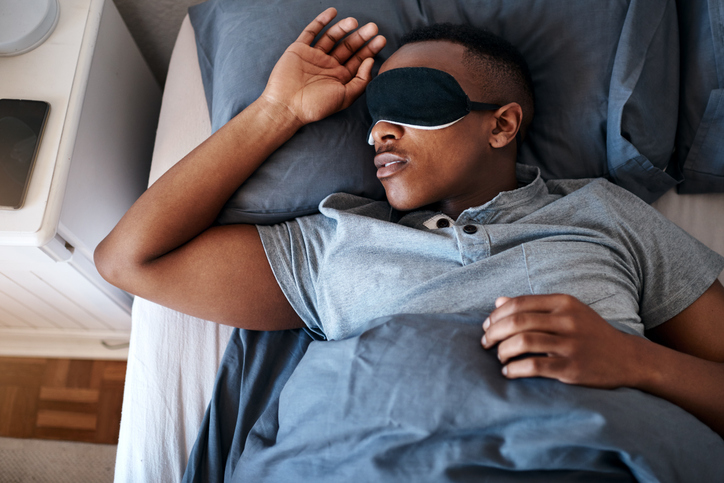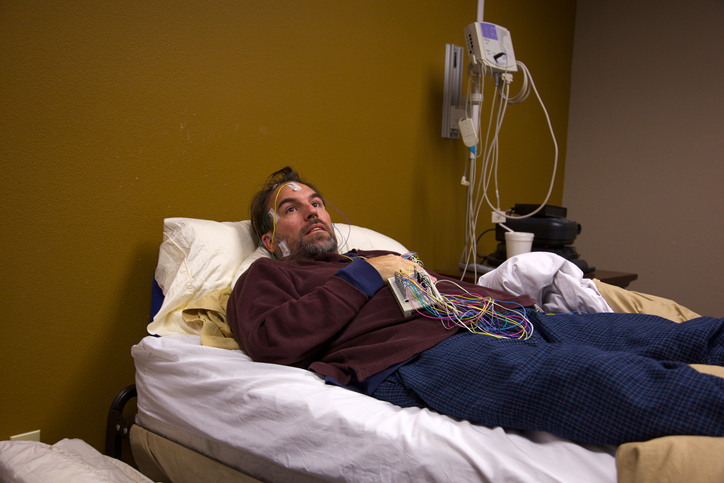Living with Chronic Pain
Neuropathic Pain and Sleep
Source: National Center for Biotechnology Information: U.S. National Library of Medicine: National Institutes of Health, Cleveland Clinic, Everyday Health, Mayo Clinic

84 people found this helpful
Print
Share
Save
Neuropathic pain, or nerve pain, often worsens at night and disrupts sleep. Neuropathy symptoms, such as tingling and burning pain, make it difficult to fall asleep or stay asleep. This is especially true when pain is felt in the feet or legs.
Why is neuropathic pain worse at night?
Several factors may play a role in neuropathic pain increasing at night, including lack of distraction, temperature changes, and timing of medications.
- Lack of distraction
During the day, the mind is often focused on work, family responsibilities, or hobbies. These activities distract the brain from focusing solely on pain, reducing pain perception. However, as the mind and body prepare for sleep, distractions are limited, which can heighten the perception of pain. - Temperature changes
Temperature changes may also play a part in heightened neuropathic pain. Body temperature naturally decreases at night. Also, some people set the thermostat at a lower temperature in the bedroom. Damaged nerves may interpret these temperature changes as neuropathic pain or tingling. - Timing of medications
Pain medications may not last through the night, causing early awakening and trouble falling back asleep. This is especially true for immediate-release medications.
Tips to improve sleep when dealing with neuropathic pain
Some tips to improve sleep and reduce neuropathic pain include the following:
- If neuropathic pain includes hypersensitivity, remove or adjust bedsheets and blankets so they do not touch the legs and feet.
- Speak with a physician or pharmacist about changing the timing, dosage, or type of pain medication to improve sleep quality. Certain medications, such as the anticonvulsants gabapentin and pregabalin, can be effective at both reducing pain and improving sleep.
- Stress-relieving activities, such as meditation and deep breathing exercises, can help calm the mind and body before sleep. Since stress can amplify pain, lowering overall stress levels is beneficial.
- Cognitive behavioral therapy (CBT) is a safe and effective treatment to address sleep issues, including sleep issues associated with neuropathic pain. CBT involves identifying thoughts and behaviors that prevent restful sleep and replacing them with thoughts and behaviors that promote quality sleep.
- Practice good sleep hygiene. This includes going to bed and waking up at the same time each day, eliminating screen time a few hours before going to bed, and making sure the bedroom is dark and quiet.


















